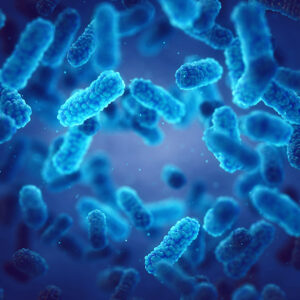Testing for Toxic Exposure and Organophosphates
In this webinar, you will learn:
- what are toxic elements
- toxic exposure
- testing for toxic exposure
- alkylphenyls
- chlorinated pesticides
- organophosphates
- plasticizers
- PCB’s
- Volatile solvents
- endocrine disrupting chemicals
- estrogen metabolism
- management of toxic exposure
$9.95
Why is this important?
These everyday chemicals, including organophosphates, flame retardants and phthalates, can be found in food, plastics, furniture, food wrap, cookware, cans, carpets, shower curtains, electronics and even shampoo. They are pretty much everywhere around us.
Organophosphate pesticides/insecticides are nerve agents that inactivate an important enzyme which is essential to nerve function. This can cause neurodevelopment disorders in small children and fetuses.
Though organophosphates degrade rapidly when exposed to sunlight, air, and soil, chronic toxicity can still occur as these chemicals are used on food crops, orchards, and food storage centers.
Organophosphates from pesticides can be hazardous to the neurological development of children and babies in the womb, producing lower IQs. Other adverse health effects caused by pesticides include chronic fatigue, asthma, wheeze, immune system disorders, impaired memory, disorientation, depression, irritability, flu-like symptoms, and may increase risk of cancer and Alzheimer’s disease.
Most exposure to organophosphates occurs from ingestion through the food supply. Direct dermal exposure can also occur for people that work directly with these chemicals.
Endocrine disrupting chemicals (EDCs) and potential EDCs are mostly man-made, found in various materials such as pesticides, metals, additives or contaminants in food, and personal care products.
EDCs have been suspected to be associated with altered reproductive function in males and females; increased incidence of breast cancer, abnormal growth patterns and neurodevelopmental delays in children, as well as changes in immune function.
Learning Outcomes
In this webinar, you will learn:
- what are toxic elements
- toxic exposure
- testing for toxic exposure
- alkylphenyls
- chlorinated pesticides
- organophosphates
- plasticizers
- PCB’s
- Volatile solvents
- endocrine disrupting chemicals
- estrogen metabolism
- management of toxic exposure
Video
Video Duration: 16:10
This offering provides CPD continuing professional development credits for












